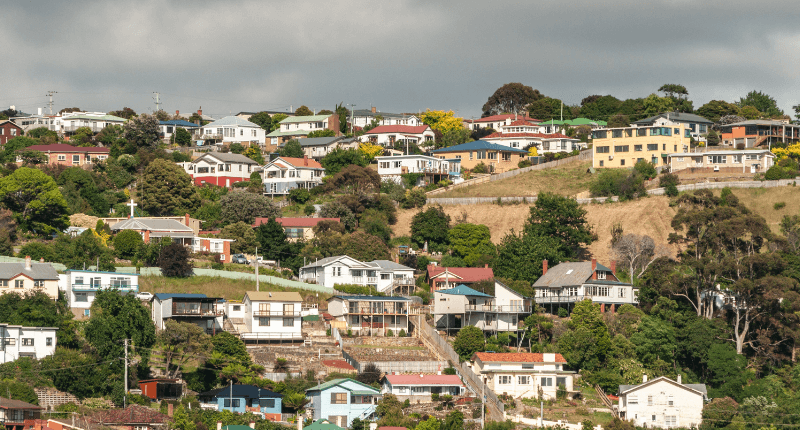
- CBA and Google Trends data shows increased interest in home buying.
- Home buying market to be a key source of support for economy, says CBA Chief Economist.
- Easy monetary policy has largely driven this property boom, but what are the concerns?
The Commonwealth Bank of Australia’s Household Spending Intentions Series for January 2021 continues to reaffirm the massive expansionary effect monetary policy has had on the housing market.
Enhanced by Google Trends, the report provides an insight into people’s internet searches. Home loan applications and Google searches related to home buying were higher in January 2021 compared to a year ago.

CBA Chief Economist, Stephen Halmarick said his team has forecast an 8% rise in residential property prices this year, with house prices tipped to climb 9% and apartment prices expected to gain 5% (a recent podcast with Head of Australian Economics at CBA, Gareth Aird detailed further forecasts and insights, reported here).
These findings are similar to that of NAB’s Australian Markets Weekly report (discussed in this article last week), which found an increasingly salient trend that houses have continued to outperform rental apartments.
“We continue to expect the Home Buying market to be a key source of support for the Australian economy in 2021 – driven largely by the very low level of interest rates,” said Mr Halmarick.
Interest rates and monetary policy have been discussed a few times on The Property Tribune. The Reserve Bank of Australia (RBA) was scrutinised by the House of Representatives Standing Committee on Economics a couple of weeks ago for its exceptionally easy stance on monetary policy.
In particular, the RBA conducting quantitative easing (QE) has attracted concerns of higher inflation in the long-run (QE was briefly discussed in this article).
RBA governor Philip Lowe seemed to not be overly worried, but said the RBA is watching the property market closely, especially with regards to lending standards which he claimed are still strong and have not deteriorated (more of his comments were reported in this article).







